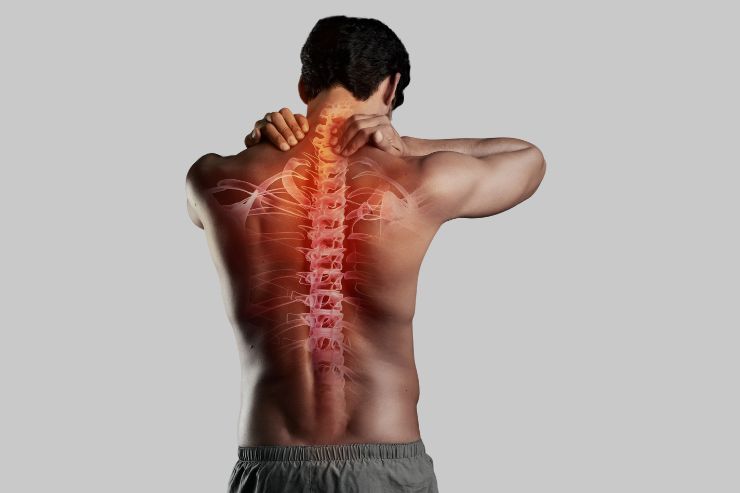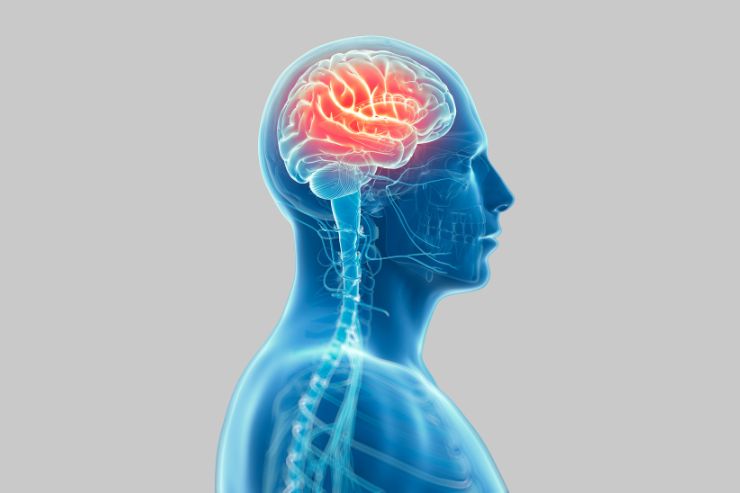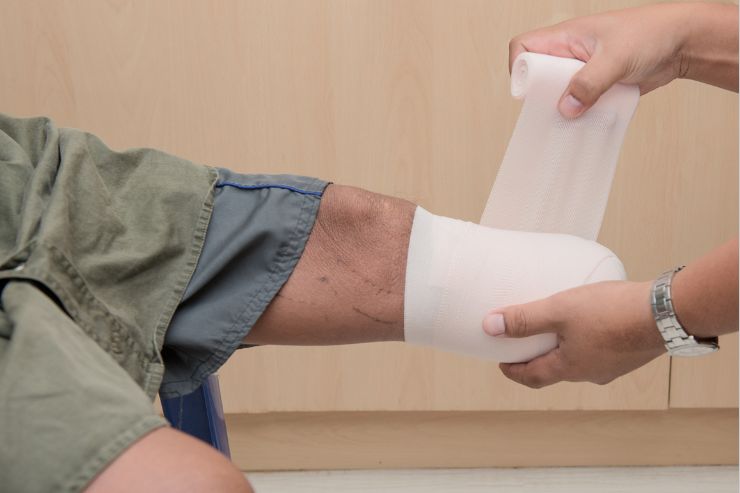
A stroke occurs when blood flow to a part of the brain is disrupted, leading to damage to brain cells due to lack of oxygen and nutrients. There are two main types of strokes: ischemic stroke, caused by a blocked blood vessel, and hemorrhagic stroke, caused by a burst blood vessel. Symptoms of a stroke can include sudden numbness or weakness in the face, arm, or leg, confusion.

Spinal cord injuries (SCI) result from damage to the spinal cord, often caused by trauma such as accidents, falls, or sports injuries. The severity of SCI can vary, leading to temporary or permanent changes in sensation, strength, and function below the level of injury. Common symptoms include paralysis, loss of sensation, difficulty breathing, and impaired bladder and bowel control.

Traumatic brain injuries (TBI) occur due to sudden trauma or impact to the head, resulting in damage to the brain tissue. TBIs can range from mild concussions to severe injuries causing long-term complications. Symptoms vary widely depending on the severity and location of the injury and may include headaches, dizziness, confusion, memory problems, mood changes, and impaired motor function.

Amputation, physiotherapy aids in preparing the residual limb for prosthetic fitting, optimizing mobility with prosthetic training, managing pain, and supporting emotional adjustment. With personalized care, physiotherapists empower individuals to regain independence and improve their quality of life post-amputation.

Musculoskeletal injuries encompass a broad spectrum of conditions affecting muscles, bones, joints, ligaments, and tendons. These injuries can result from trauma, overuse, or repetitive strain, leading to pain, stiffness, and reduced function. Physiotherapy plays a pivotal role in treating musculoskeletal injuries.

Sports injuries are injuries that occur during athletic activities or exercise. They can result from accidents, improper training techniques, lack of conditioning, or overuse of a particular body part. Common sports injuries include sprains and strains, fractures, dislocations, and tendonitis. physiotherapy plays a crucial role in the treatment and rehabilitation of sports injuries.

Chronic pain syndromes refer to persistent pain that lasts for weeks, months, or even years. They can result from various conditions such as fibromyalgia, chronic back pain, osteoarthritis, or neuropathic pain. These syndromes often impact daily life, causing discomfort, reduced mobility, and emotional distress. Physiotherapy offers effective management strategies for chronic pain syndromes.

Arthritis refers to inflammation of one or more joints, causing pain, stiffness, and swelling. Common types include osteoarthritis (wear and tear of joints) and rheumatoid arthritis (autoimmune disorder). Physiotherapy plays a crucial role in managing arthritis by focusing on reducing pain, improving joint function, and enhancing mobility.

Neuromuscular disorders affect the nerves that control voluntary muscles, leading to symptoms such as muscle weakness, twitching, cramps, and difficulty with movement and coordination. Examples include multiple sclerosis (MS), amyotrophic lateral sclerosis (ALS), muscular dystrophy, and neuropathies.